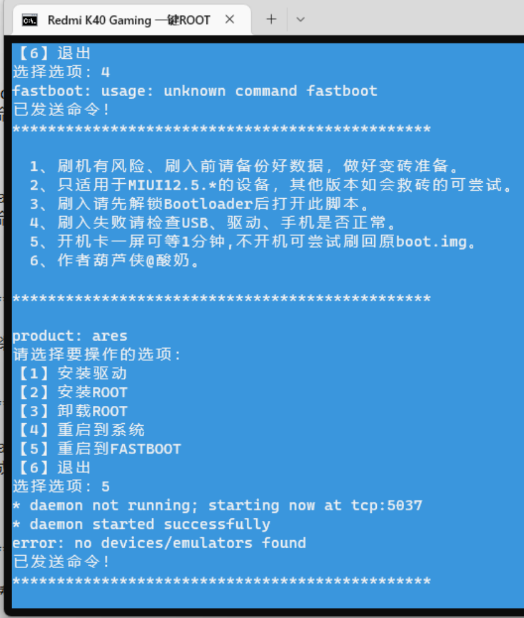在python中移动文件使用shutil.move()函数。1.确保目标目录存在,使用os.makedirs()创建。2.检查移动操作是否成功,通过返回值判断。3.处理目标文件已存在的情况,使用os.rename()或检查文件存在性。4.对于大文件,使用shutil.copyfileobj()提高移动效率。

在python中移动文件其实是一件非常简单却又充满乐趣的事情。让我们从这个问题开始,深入探讨一下如何在Python中优雅地移动文件,以及在这个过程中可能遇到的各种挑战和技巧。
在Python中,移动文件主要依赖于shutil模块,这个模块提供了高效的文件操作功能。让我们来看一个简单的例子:
import shutil # 移动文件 shutil.move('source_file.txt', 'destination_folder/')
这个代码片段展示了如何将source_file.txt移动到destination_folder/目录下。简单而直接,对吧?但在实际操作中,我们需要考虑更多细节。
立即学习“Python免费学习笔记(深入)”;
首先,我们需要确保目标目录存在。如果不存在,我们可以使用os.makedirs()来创建它:
import os import shutil # 确保目标目录存在 destination = 'destination_folder/' if not os.path.exists(destination): os.makedirs(destination) # 移动文件 shutil.move('source_file.txt', destination)
这样做可以避免因为目标目录不存在而导致的错误。同时,我们还可以利用shutil.move()的返回值来检查移动操作是否成功:
import os import shutil destination = 'destination_folder/' if not os.path.exists(destination): os.makedirs(destination) # 移动文件并检查结果 result = shutil.move('source_file.txt', destination) if result == destination + 'source_file.txt': print("文件移动成功!") else: print("文件移动失败!")
在实际应用中,我们可能会遇到一些常见的陷阱。比如,如果目标文件已经存在,shutil.move()会覆盖它。这可能不是我们想要的结果。在这种情况下,我们可以使用os.rename()来尝试重命名文件,或者在移动前检查目标文件是否存在:
import os import shutil destination = 'destination_folder/' if not os.path.exists(destination): os.makedirs(destination) source_file = 'source_file.txt' target_file = os.path.join(destination, source_file) if os.path.exists(target_file): print("目标文件已存在,无法移动。") else: shutil.move(source_file, destination) print("文件移动成功!")
关于性能优化和最佳实践,我们需要考虑文件移动操作的效率。shutil.move()在不同文件系统之间移动文件时,实际上是进行复制和删除操作,这可能会影响性能。对于大文件,我们可以考虑使用更高效的文件复制方法,比如shutil.copyfileobj():
import os import shutil def efficient_move(source, destination): if not os.path.exists(destination): os.makedirs(destination) source_file = os.path.join(source, 'large_file.txt') target_file = os.path.join(destination, 'large_file.txt') with open(source_file, 'rb') as src, open(target_file, 'wb') as dst: shutil.copyfileobj(src, dst) os.remove(source_file) # 使用示例 efficient_move('source_folder', 'destination_folder')
这个方法通过流式复制文件,可以显著提高大文件移动的效率。同时,我们还需要注意文件权限和安全性问题,确保在移动文件时不会泄露敏感信息。
总的来说,Python中移动文件是一个看似简单,实则需要细致处理的任务。通过合理使用shutil和os模块,我们可以高效、安全地完成文件移动操作。希望这些经验和技巧能帮助你在实际项目中更加得心应手。




















